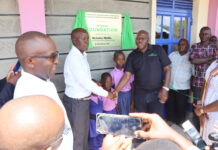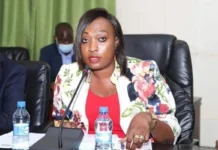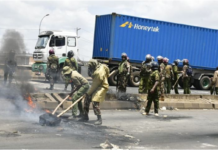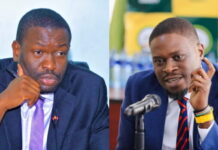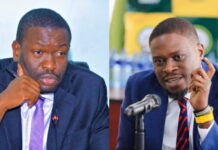Leaders from various churches in Migori County have opposed the national government’s attempt to impose regulations on religion.
This opposition arises in the wake of the country grappling with the rise of religious extremism, particularly highlighted by the tragic Shakahola incident where countless lives were lost due to extreme religious beliefs.
The clergy members, led by Bishop Peter Jobando, chairman of the church leaders, expressed their concerns during a meeting with the presidential taskforce on religious incrimination.
While acknowledging the importance of theological education for the clergy, Jobando emphasized that religious leaders are anointed by God and should not be subject to regulation based solely on academic qualifications.
“As a scholar, I recognize the value of education in enhancing human understanding. However, it should not be the sole criterion for evaluating religious leaders. Church leaders are anointed by God and should be allowed to proclaim His gospel without academic regulations.” Emphasized Jobando.
Jobando further proposed that the most effective way to regulate churches is by establishing religious umbrella bodies responsible for self-regulating their registered members. This approach, he believes, would provide a balanced mechanism for oversight and accountability within the church society.
Rev. Bernard Ogalo from CFW Church echoed these sentiments, emphasizing that it is unfair to indiscriminately condemn all churches. Ogalo also criticized the government for its failure to effectively address the issue of Shakahola cultism, accusing them of attempting to shift blame.
“The deaths caused by the Shakahola cult were a result of government negligence. The government should stop blaming the churches. We, as the church, have various methods of self-regulation.” Insisted Ogalo.
Sheikh Abdi Salaam, the chairperson of the presidential taskforce on religious moderation and regulations, acknowledged the cooperation and engagement of the Migori clergy.
He expressed his satisfaction with the valuable input received from the religious leaders.
“We are pleased to be here in Migori to gather the perspectives of the religious leaders. We have received written submissions and presentations from a majority of the participants. The window for collecting feedback will remain open for the next month and a half,” expressed Salaam.
Salaam assured the clergy that all the gathered opinions and recommendations would be duly considered in the final report.
The taskforce aims to strike a balance between the concerns of the clergy and the need for measures to mitigate religious extremism, ensuring a comprehensive approach to regulating religious activities while respecting the spiritual authority of the church.










